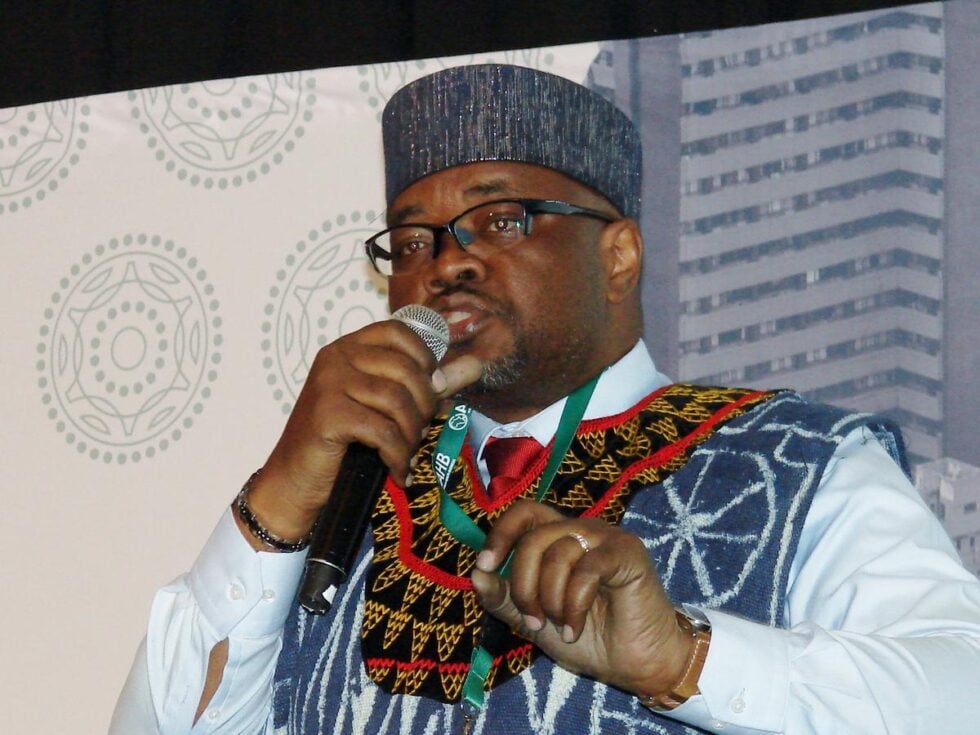
The key focus of the symposium, partnered jointly by the Africa CDC and African Union, was Africa’s New Public Health Order borne out of a call to action made by African Union heads of state and government spearheaded by the Africa Centres for Disease Control and Prevention to address the continent’s ongoing public health emergencies.
Reiterating this point in his introduction, Ndembi reminded his audience that disease threats facing the vast majority of the continent’s 4-billion population remained emerging diseases, non-communicable diseases, injuries, maternal and neonatal conditions, and endemic diseases such as HIV, TB and malaria.
The economic impact of these alone, he indicated, was of serious concern, causing a loss in productivity of up to $800 billion a year.
As reflected in almost all healthcare forums in recent times, the COVID-19 pandemic presented a clear indication of the many shortcomings in the delivery of healthcare on the continent, prompting a re-look at the harsh realities facing mainly the public health authorities in dealing with such “unexpected” entities.
Topping the list in this regard, Ndembi stressed in reference to the first core pillar in the New Public Health Order, was the urgent need to strengthen the African institutions for public health: “Strong continental public health institutions are critical to harmonise and co-ordinate public health responses to epidemics and pandemics with guidance from the Africa CDC on priorities and programmes, integrated efforts, and standard –setting and surveillance,” he said, explaining that key areas in this regard included public health research and workforce development, emergency preparedness and response, and overall disease prevention and promotion.
Acknowledging that Africa has a significant skills gap in the public health workforce, Ndembi again stressed the need for adequate investments to develop and maintain a prepared cadre of public health experts and leaders “fundamental for the continent to cope with its disease threats”.
To demonstrate his concerns he was able to show that the density of community health workers per 10000 population on the continent was less than 0, 5 in many countries and between 1, 0 to 2, 0 in most. Training was a key workforce development issue of concern in this regard, he said, demonstrating as an example that out of the 6000 field epidemiologists needed, only 1900 had been trained – a gap of 4100 – and of the 25000 frontline epidemiologists required, only a lowly 5000 had been trained.
“Africa CDC needs to be enabled to run a competency-based workforce development programme similar to the United States’ CDC’s EIS programme,” he added, before announcing that Africa CDC aims to develop an African Epidemic Service (AES): “This will be an elite workforce hosted and directed by the African Union.”
In line with the symposium’s emphasis on the role the private sector can play in supporting the new public health order, Ndembi prioritised the private sector when concluding with a call for more financial investment in health systems. These investments in healthcare, he said, should target, or mobilize, first and foremost the private sector, followed by African-based philanthropists and communities in member states.